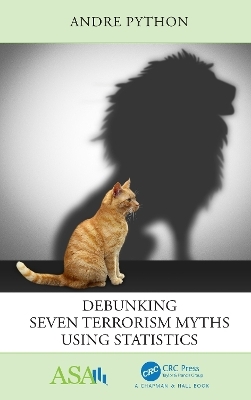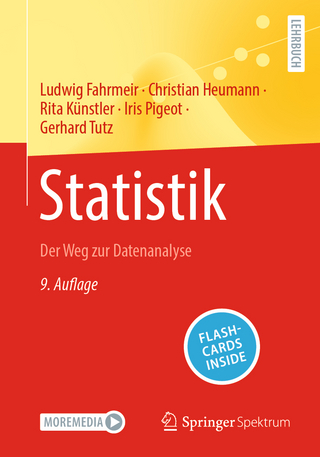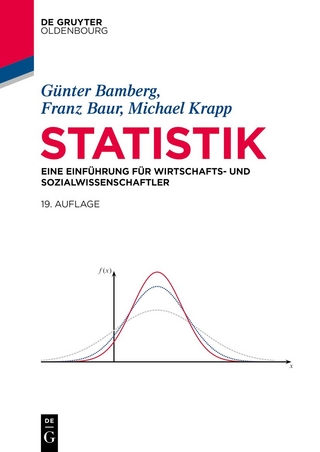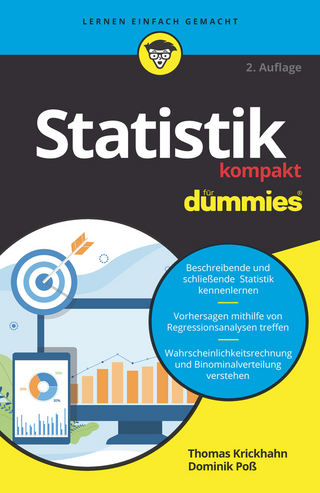
Debunking Seven Terrorism Myths Using Statistics
Chapman & Hall/CRC (Verlag)
978-0-367-47228-3 (ISBN)
What is terrorism? What can we learn and what cannot we learn from terrorism data? What are the perspectives and limitations of the analysis of terrorism data? Over the last decade, scholars have generated unprecedented insight from the statistical analysis of ever-growing databases on terrorism. Yet their findings have not reached the public. This book translates the current state of knowledge on global patterns of terrorism free of unnecessary jargon. Readers will be gradually introduced to statistical reasoning and tools applied to critically analyze terrorism data within a rigorous framework.
Debunking Seven Terrorism Myths Using Statistics communicates evidence-based research work on terrorism to a general audience. It describes key statistics that provide an overview of the extent and magnitude of terrorist events perpetrated by actors independent of state governments across the world. The books brings a coherent and rigorous methodological framework to address issues stemming from the statistical analysis of terrorism data and its interpretations.
Features
Uses statistical reasoning to identify and address seven major misconceptions about terrorism.
Discusses the implications of major issues about terrorism data on the interpretation of its statistical analysis.
Gradually introduces the complexity of statistical methods to familiarize the non-statistician reader with important statistical concepts to analyze data.
Use illustrated examples to help the reader develop a critical approach applied to the quantitative analysis of terrorism data.
Includes chapters focusing on major aspects of terrorism: definitional issues, lethality, geography, temporal and spatial patterns, and the predictive ability of models.
Andre Python is ZJU100 young professor of Statistics at Zhejiang University. His current research interests are in extending statistical models to address policy-relevant issues raised by the spread of phenomena threatening global security and health. In 2017, Andre completed a PhD in Statistics at the University of St Andrews, applying a Bayesian spatiotemporal model to capture fine-scale patterns of non-state terrorism across the world. As postdoctoral researcher at the University of Oxford, he has developed geostatistical models and actively contributed to the design and teaching of Bayesian statistics and R software courses for PhD students and University staff.
1. The Role of Statistics in Debunking Terrorism Myths. 2. Myth.1: We Know Terrorism When We See It. 3. Myth.2: Terrorism only aims at killing civilians. 4. Myth.3: The vulnerability of the West to terrorism. 5. Myth.4: A homogeneous increase of terrorism over time. 6. Myth.5: Terrorism Occurs Randomly. 7. Myth.6: Hotspots of Terrorism are Static. 8. Myth.7: Terrorism cannot be predicted. 9. Terrorism: Knowns, Unknowns, and Uncertainty.
| Erscheinungsdatum | 13.07.2020 |
|---|---|
| Reihe/Serie | ASA-CRC Series on Statistical Reasoning in Science and Society |
| Sprache | englisch |
| Maße | 138 x 216 mm |
| Gewicht | 358 g |
| Themenwelt | Mathematik / Informatik ► Mathematik ► Statistik |
| ISBN-10 | 0-367-47228-7 / 0367472287 |
| ISBN-13 | 978-0-367-47228-3 / 9780367472283 |
| Zustand | Neuware |
| Haben Sie eine Frage zum Produkt? |
aus dem Bereich


